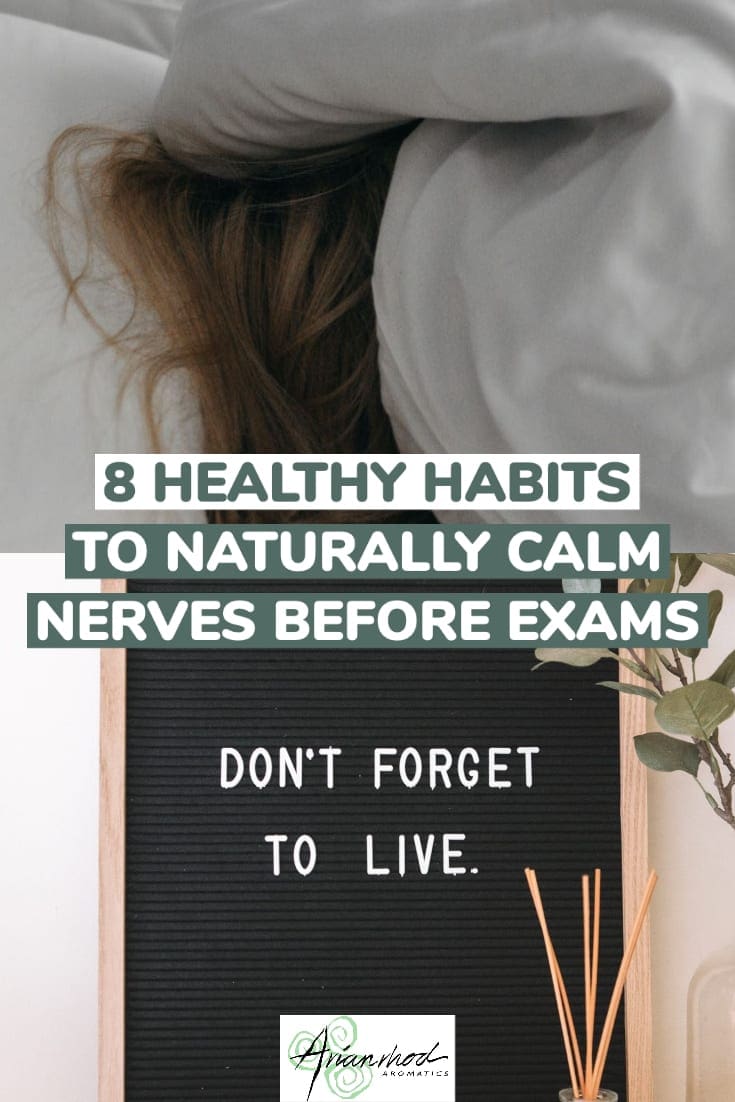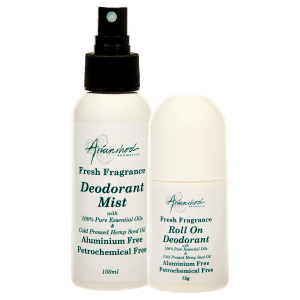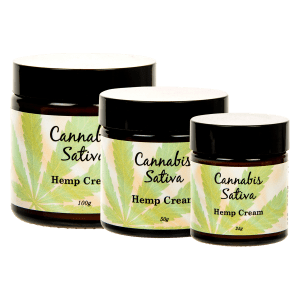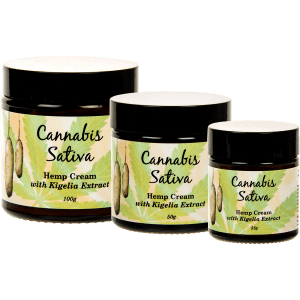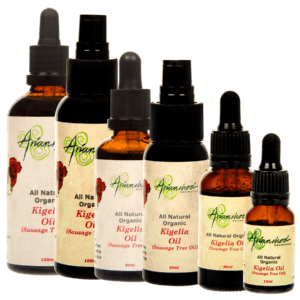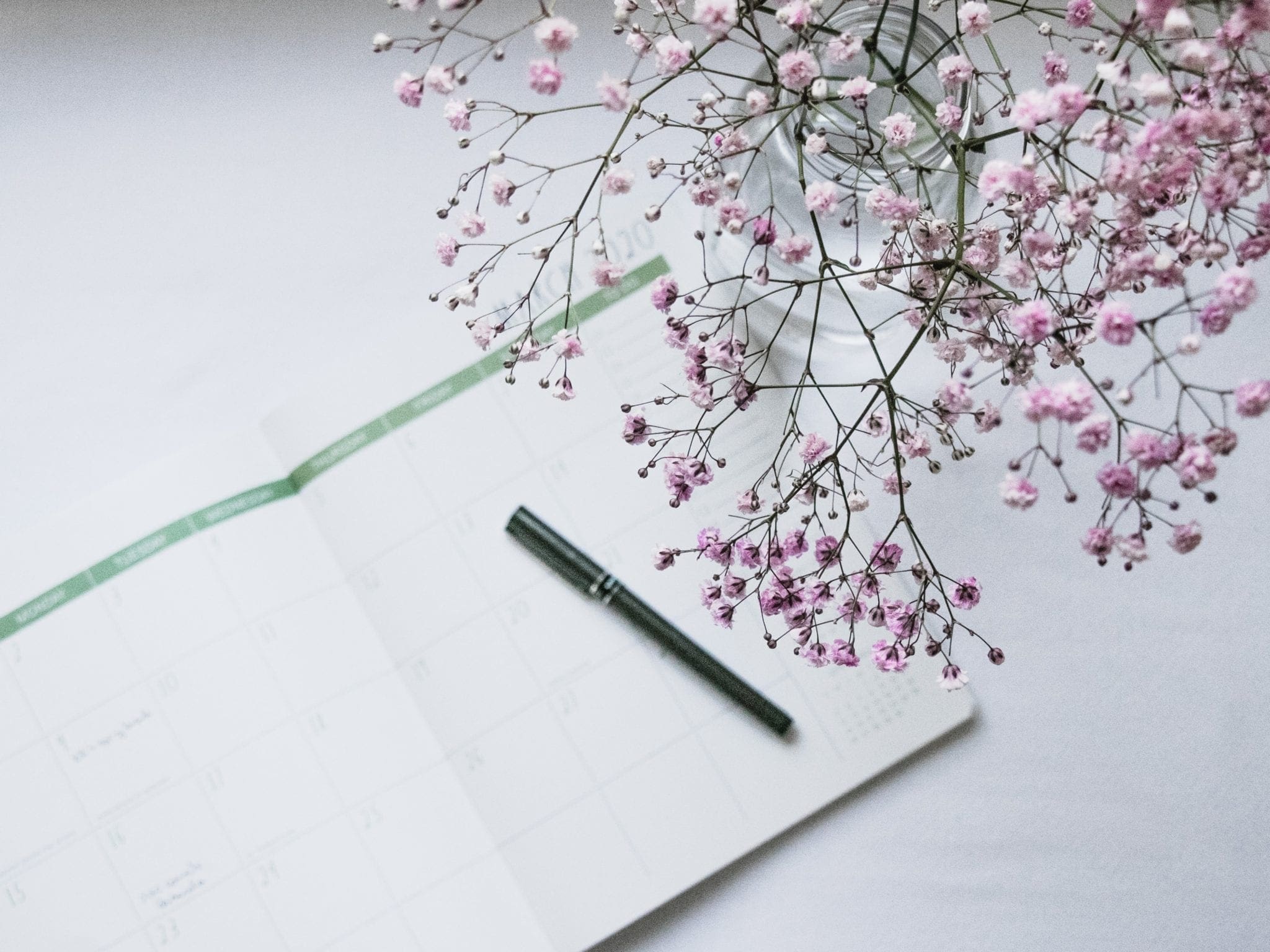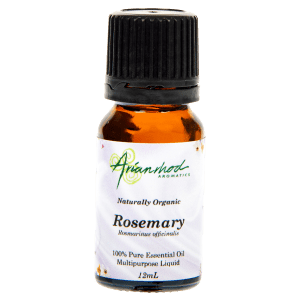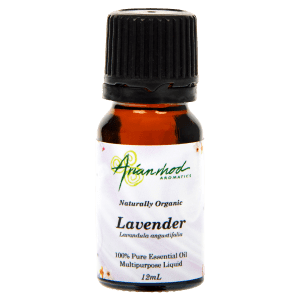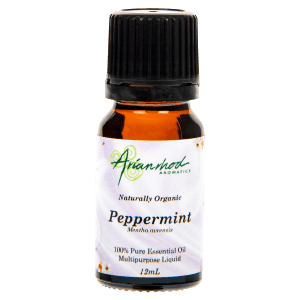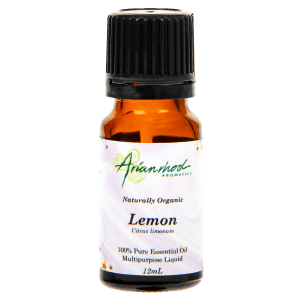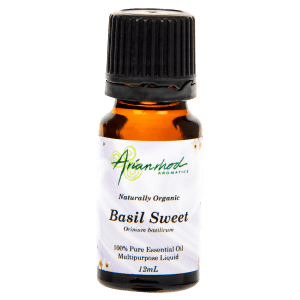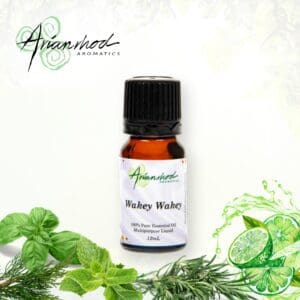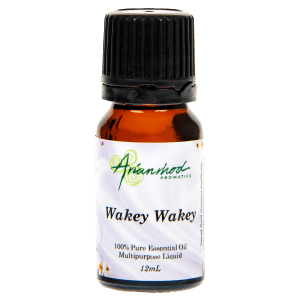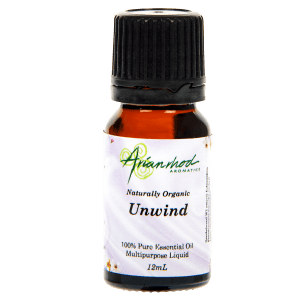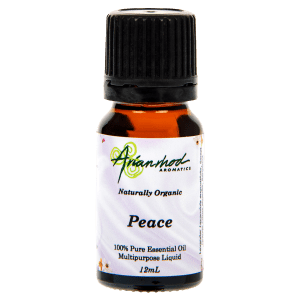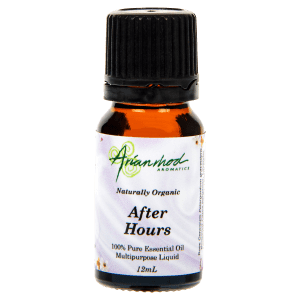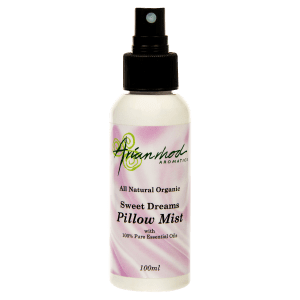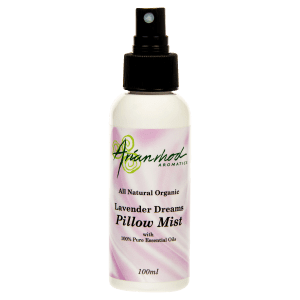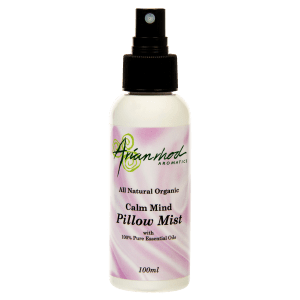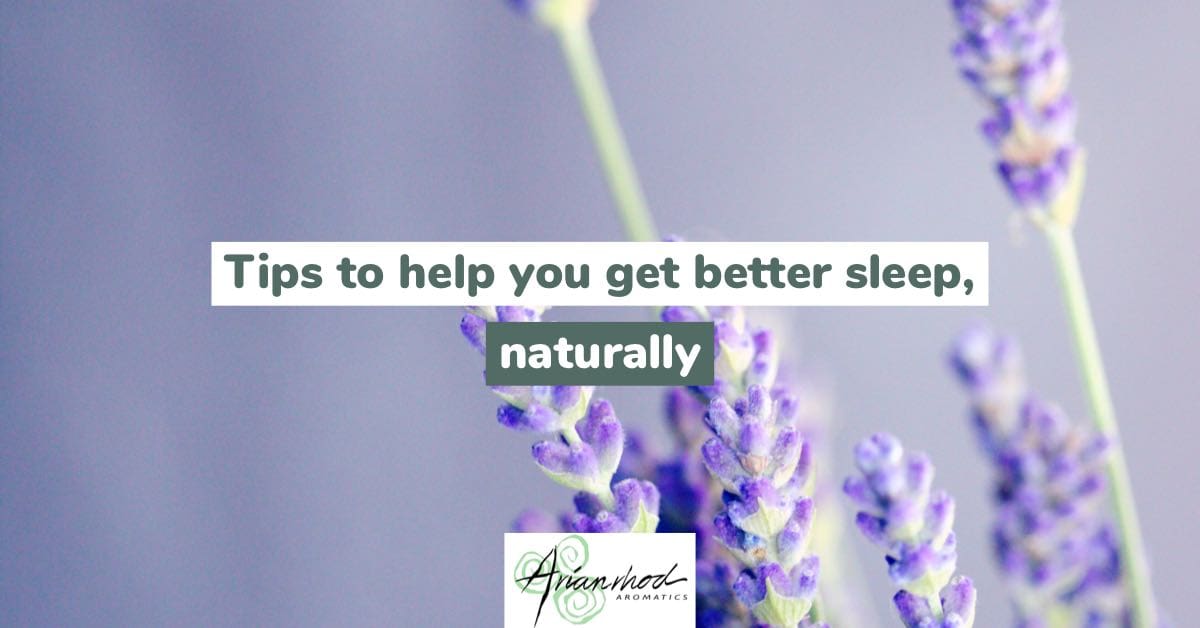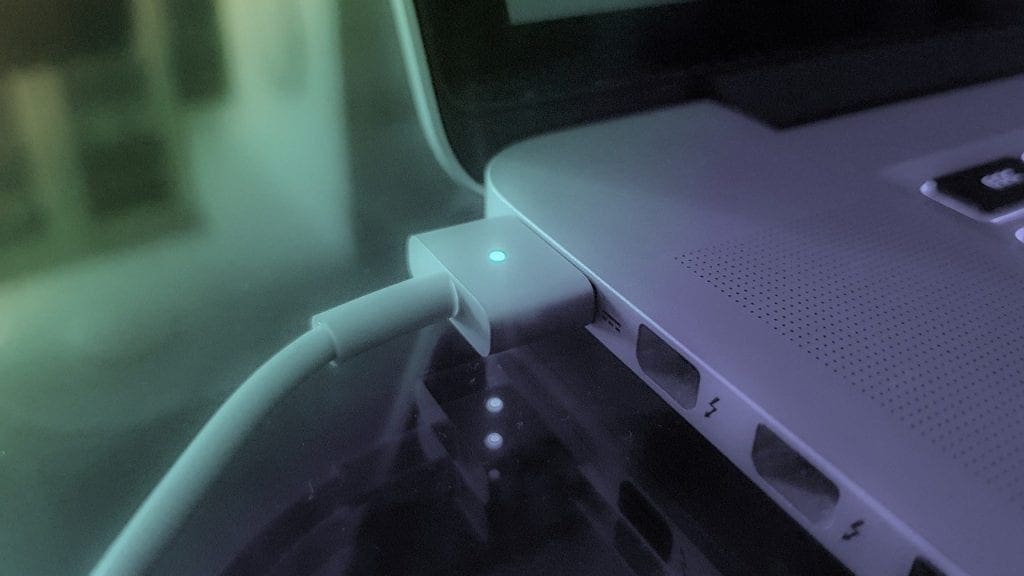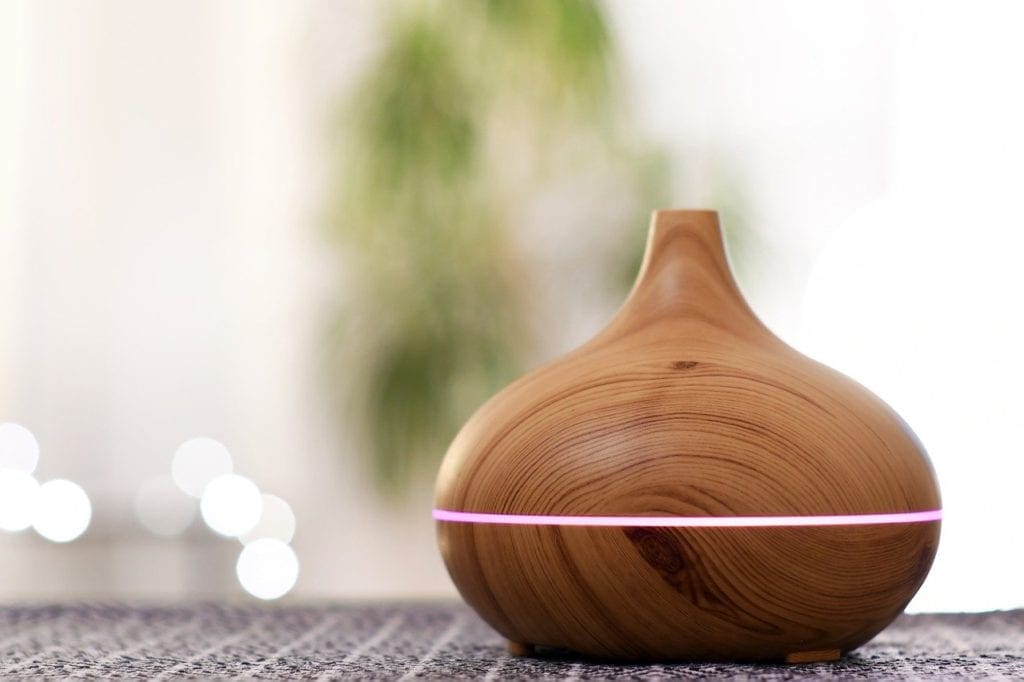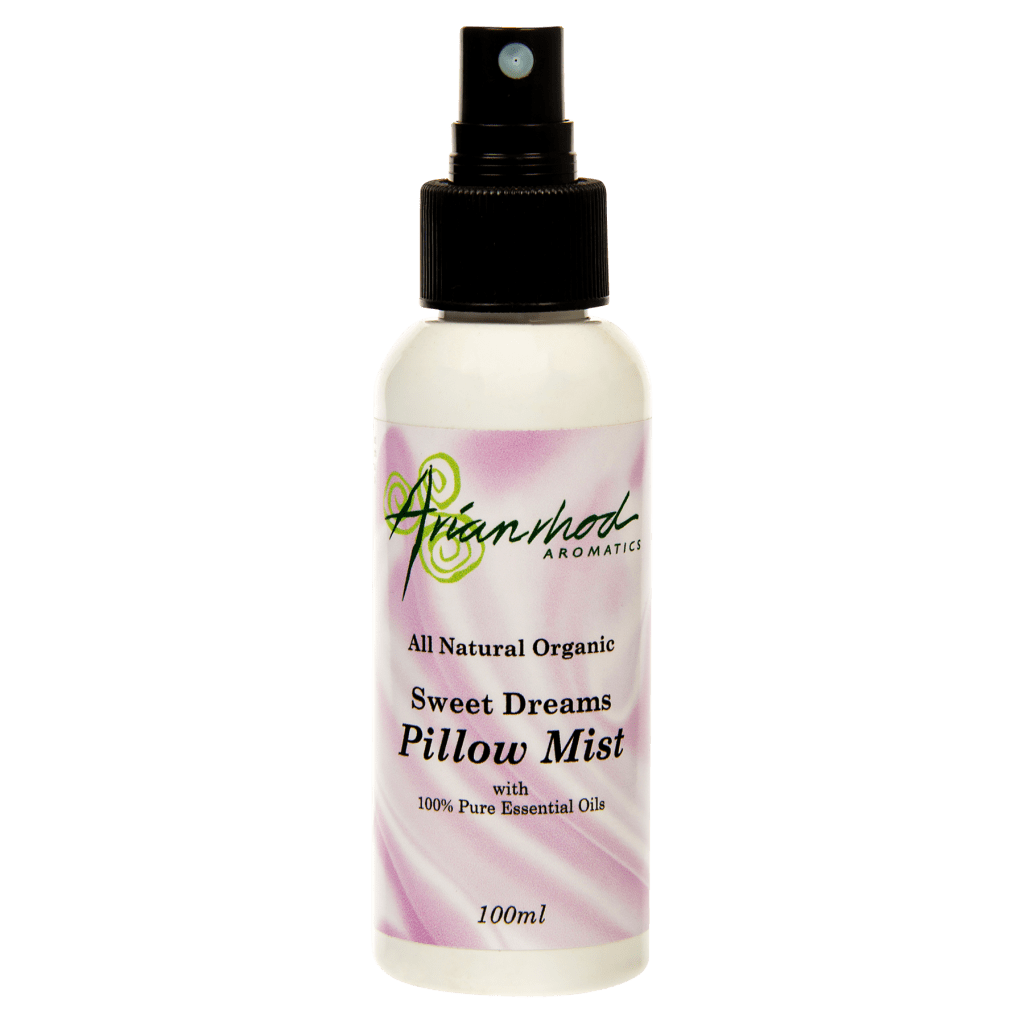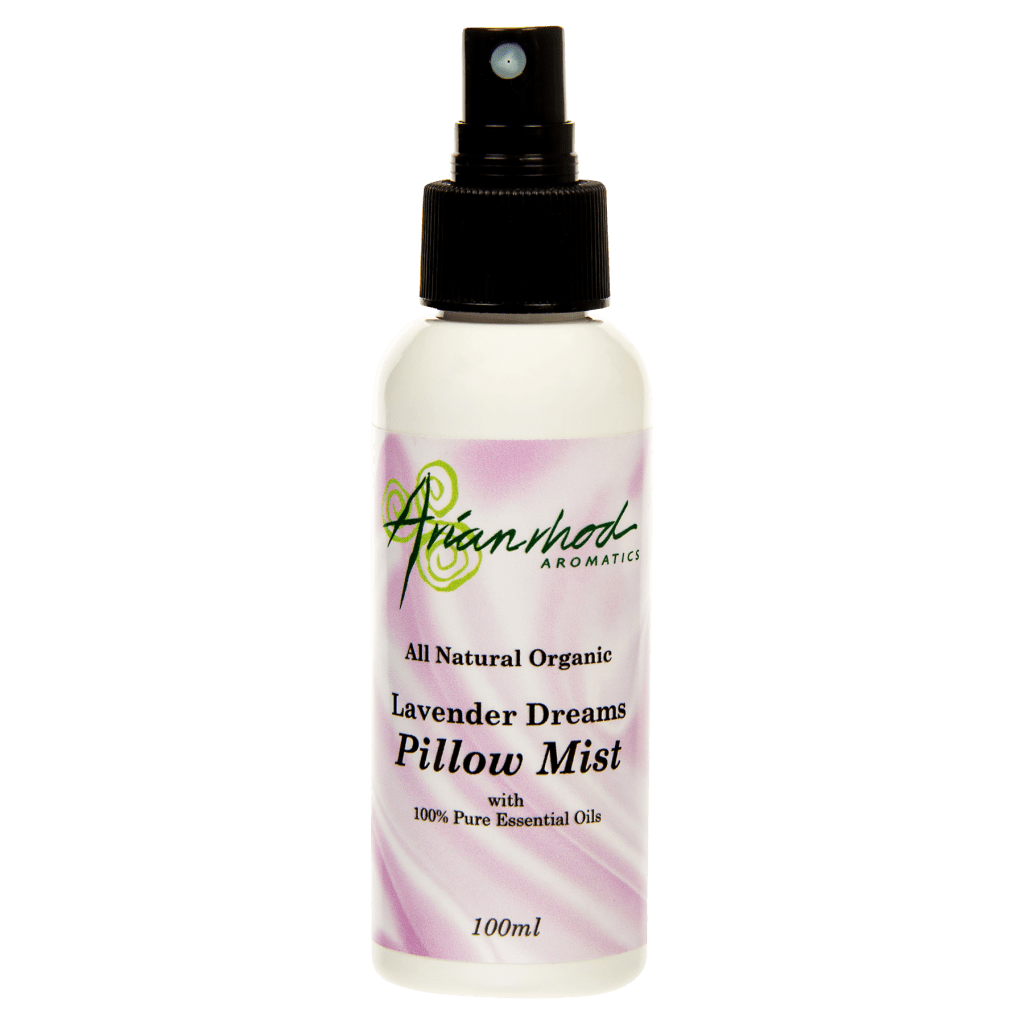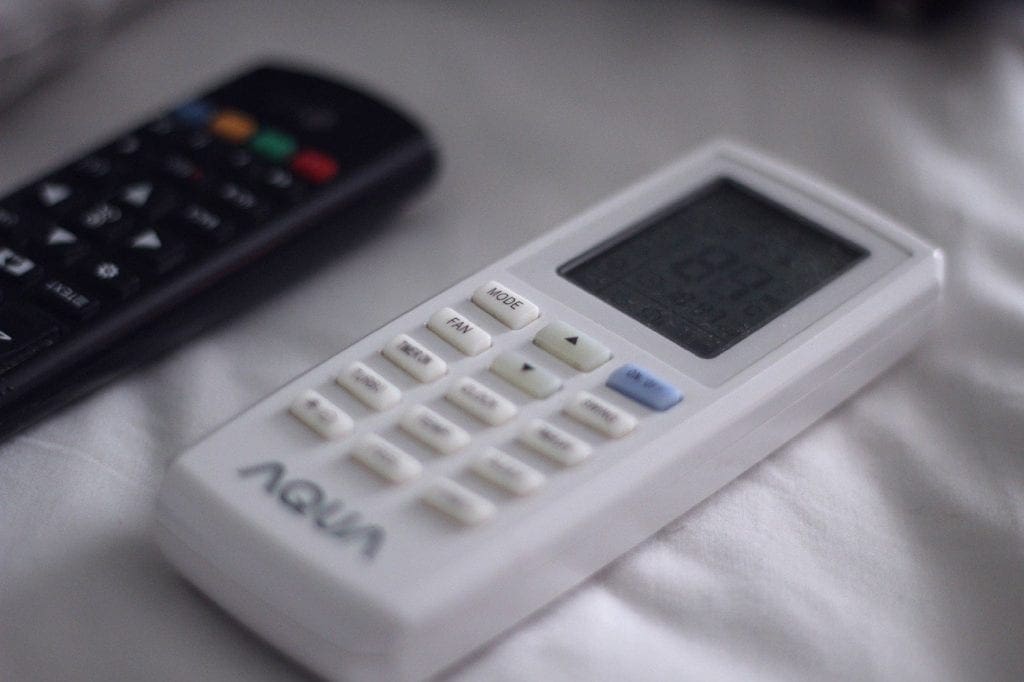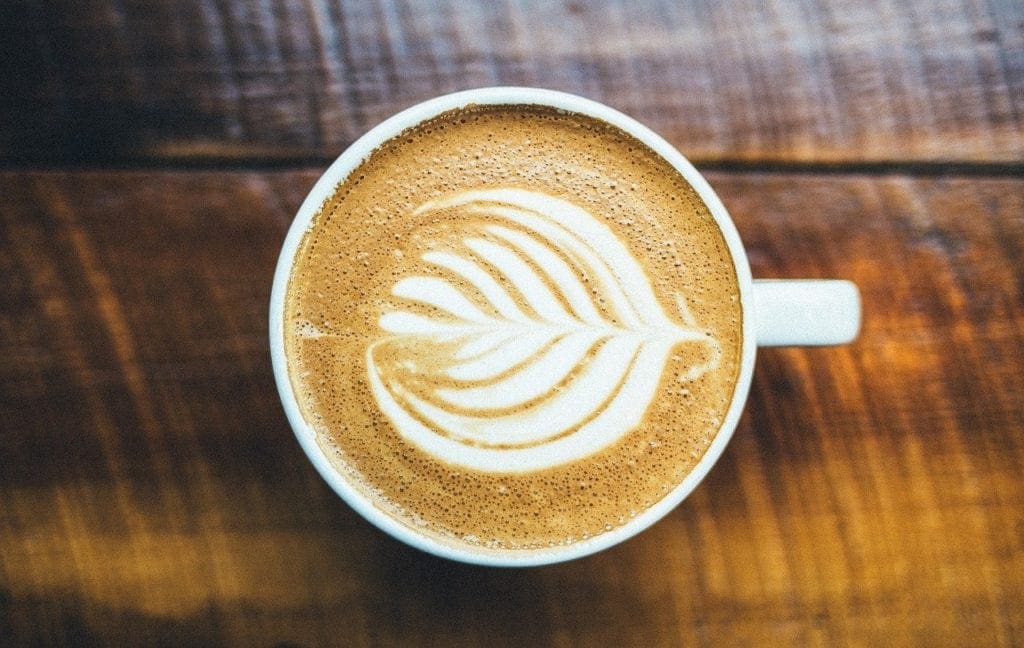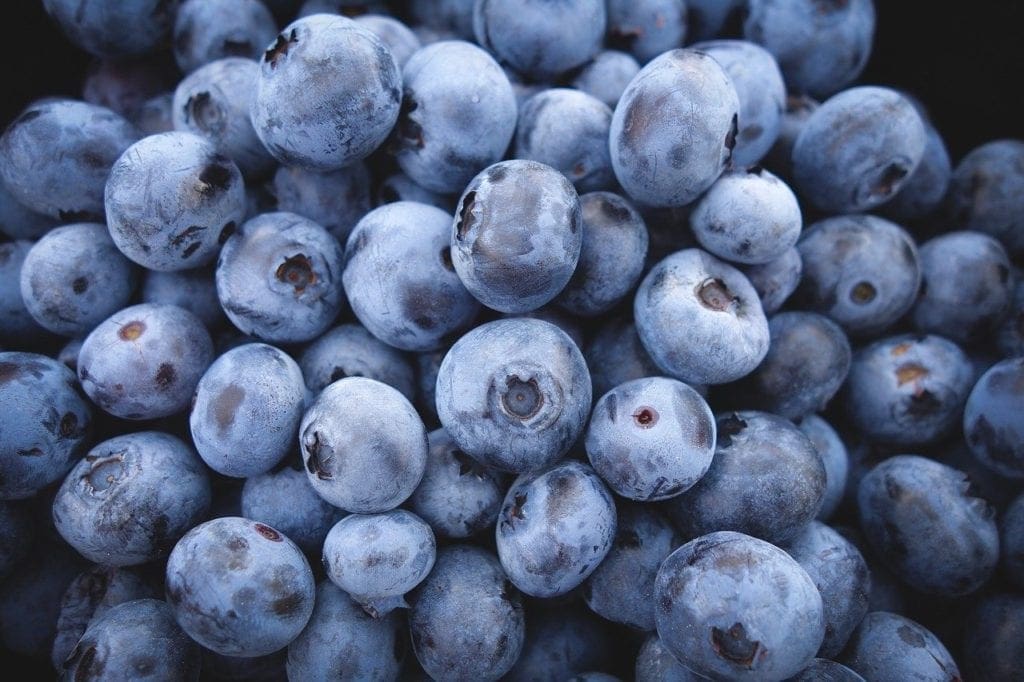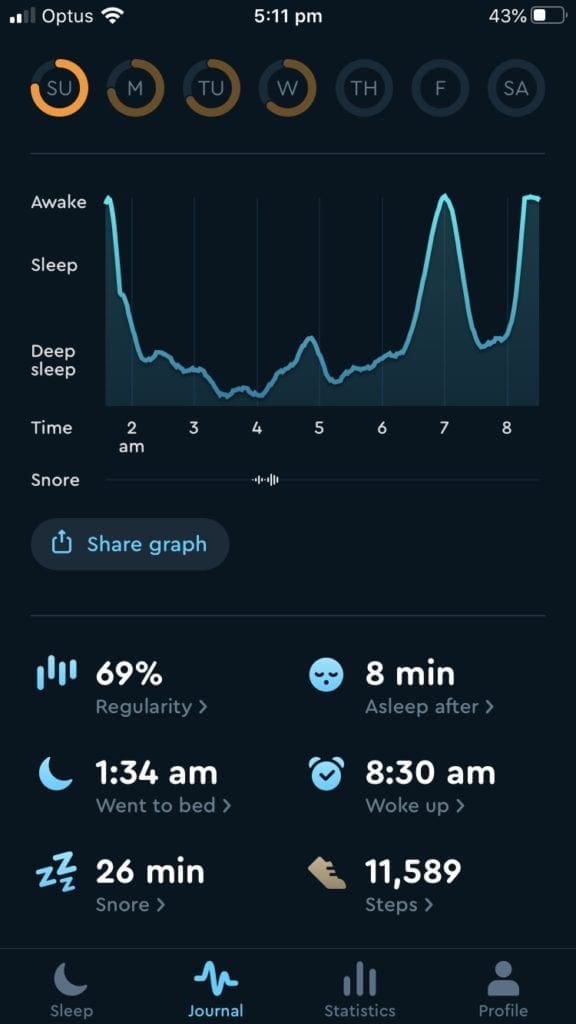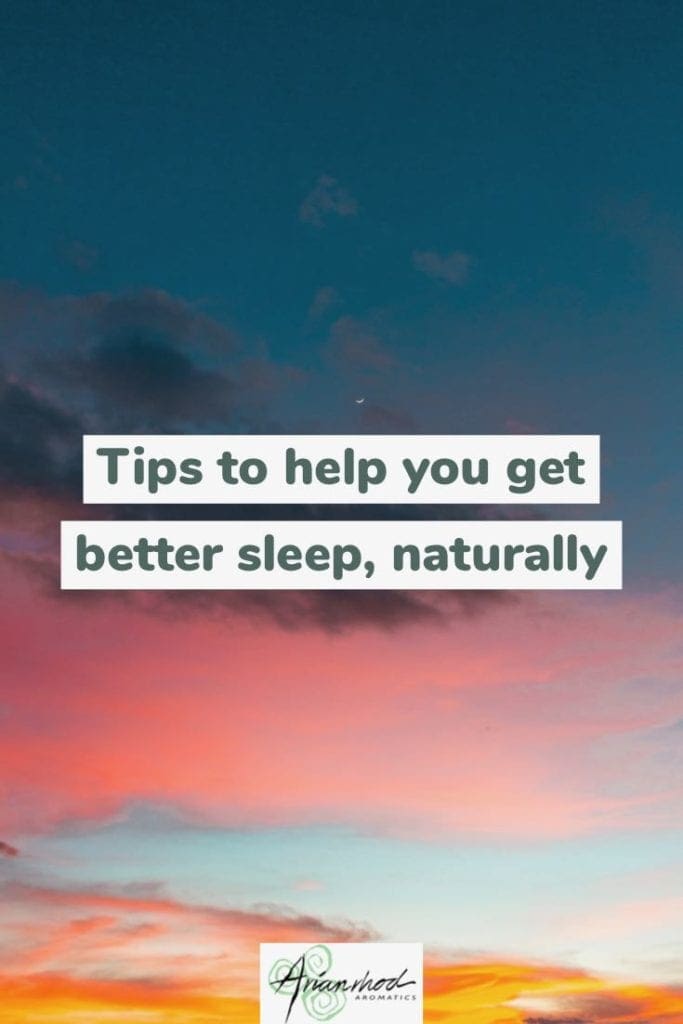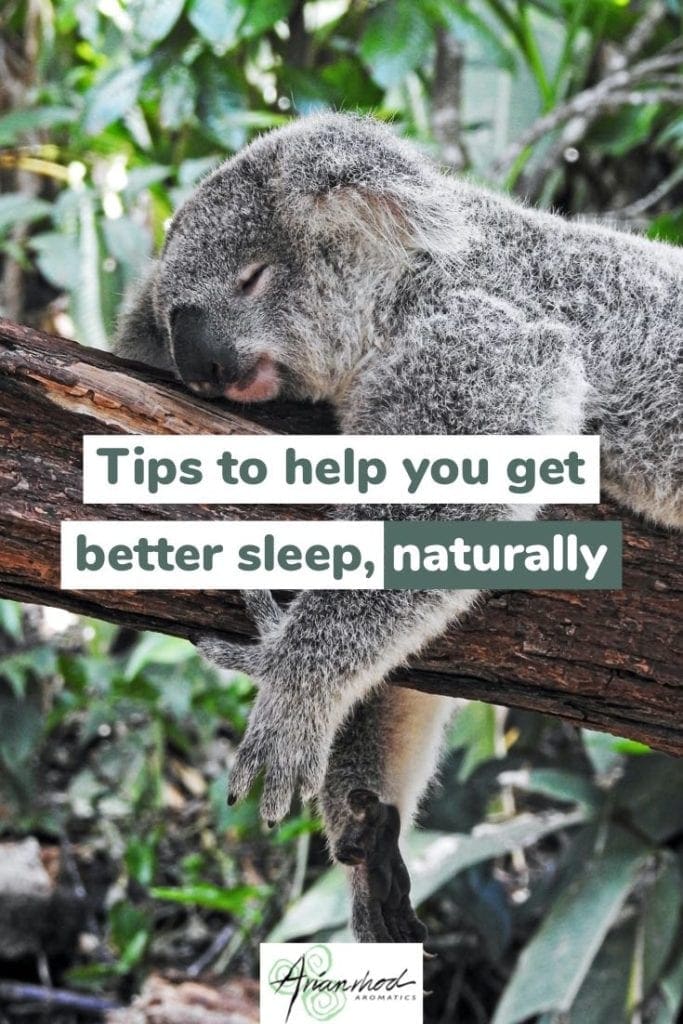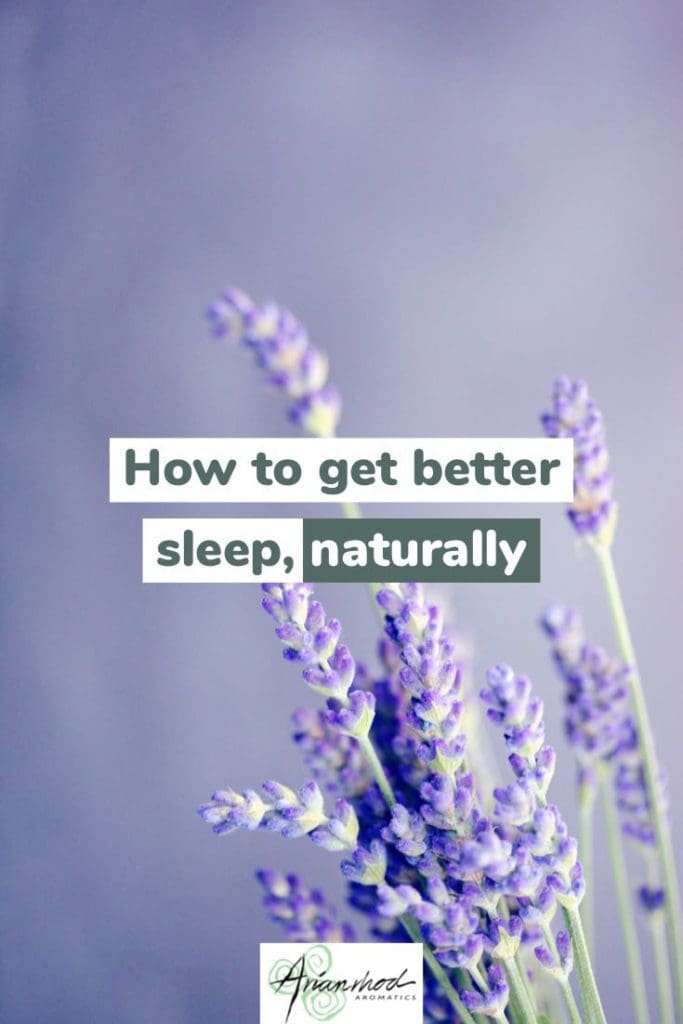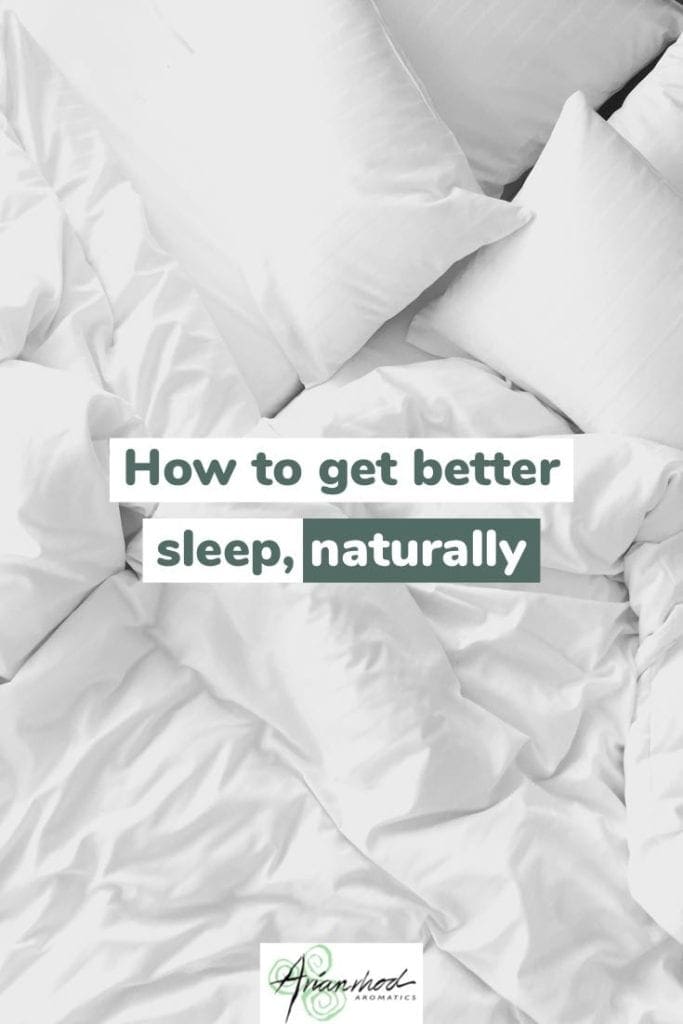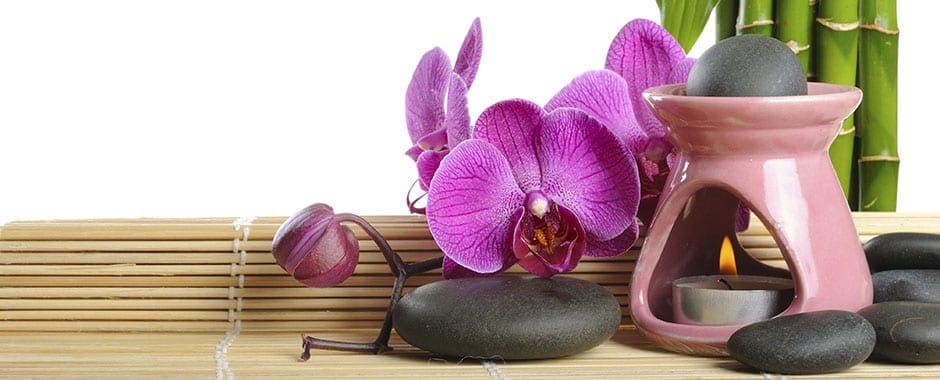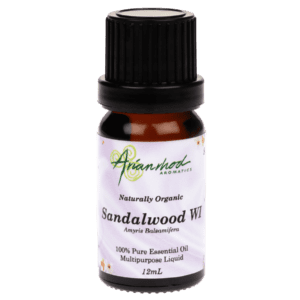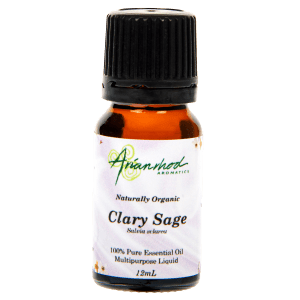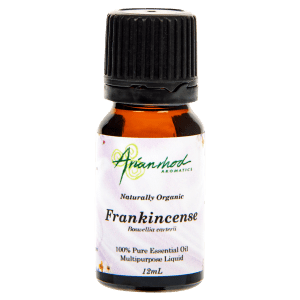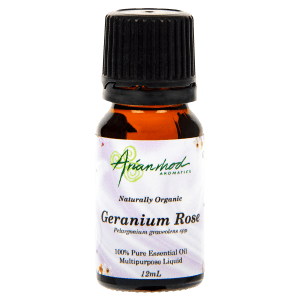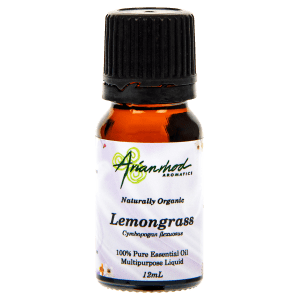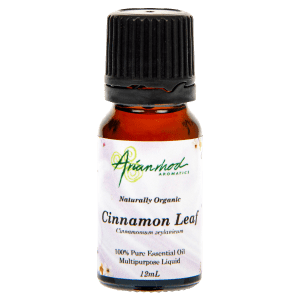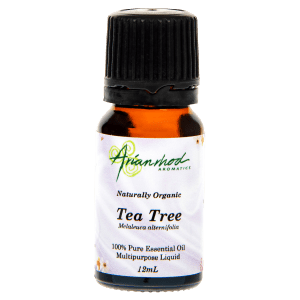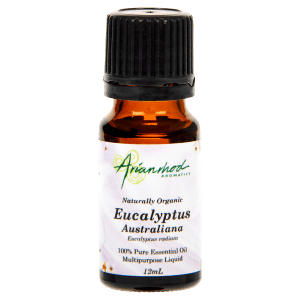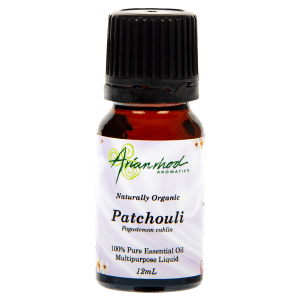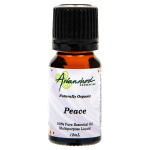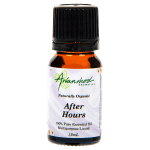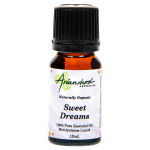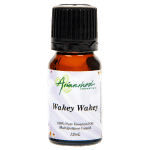8 healthy habits to naturally calm your nerves before an exam and improve your results
It seems like only yesterday that I was coming up to the end of year 12 and was preparing for my own HSC exams. I don’t stress easily, in fact, I’ve been accused of being too nonchalant about things. However, there was so much pressure on my HSC exams, it was perhaps one of the most stressful times that I recall, and I was on remote Scottish islands in mid-March 2020 when borders began closing and we had to find our way back to Australia, so that’s saying something! Those same border closures lead to lockdowns and severe disruptions for students this year. I can only imagine how much more stressful it will be with Coronavirus disrupting usual learning routines, creating disconnects in social environments, and putting even more anxiety on students.
Since finishing my HSC exams back in 2006 and (fortunately) beating out my UAI requirements, I’ve gone to complete two bachelor’s degrees, a master’s degree and various industry certification exams. In that time, I’ve learned a few things about preparing for exams. The thing is, they never get any less stressful. However, there are things you can do to reduce that stress and to improve your exam performance.
To help, I’ve put together this guide, based on my own experience and research on natural habits that will help to calm your nerves before exams and improve your results.
HEALTHY HABIT 1
Study in advance rather than cramming
Exams and studying are stressful, it’s tempting to cram the night before, in all honesty, that’s what I used to do. But, if you get organised it makes a massive difference! Do plenty of study in advance so you can get proper sleep while you are studying and especially avoid that late night/all night cram before each exam. I’ll be the first to admit, cramming was my go-to study method for years, and honestly, there is value to having everything you need stuffed into your short-term memory, but it isn’t the best way.
Being organised in advance will help reduce your stress and anxiety simply due to the mental knowledge you have. You know how much preparation you have done. You know how much you know about the subjects being tested, and you know you are prepared. That goes a long way to reducing stress and anxiety. Not to mention, knowing what you know means you can relax before an exam. You might still choose to review your notes while you wait to start the exam, but it’s not a last-ditch effort to make sure you know it, because you already know you know it.
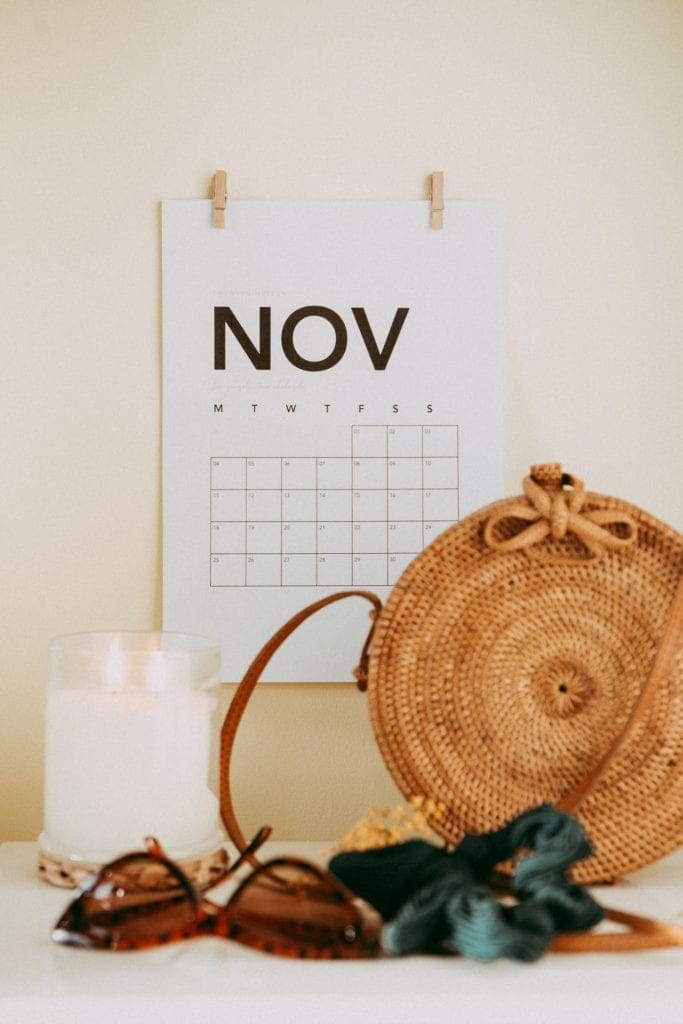
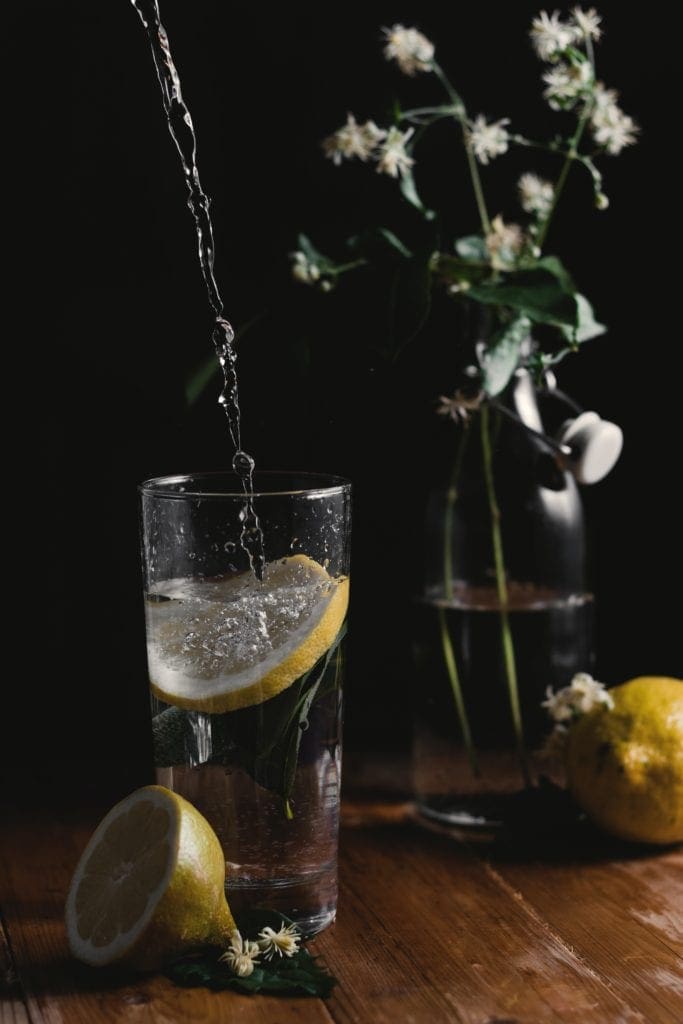
HEALTHY HABIT 2:
avoiding alcohol and sugary beverages
For many students, the last year of school becomes a time of parties and alcohol, but excessive consumption of alcohol has been shown to damage memory recall of both short and long term memory (reference). Ongoing excessive consumption of alcohol can damage the part of the brain that is vital for memory function, the hippocampus (reference). While finishing off your HSC is a time of celebration, maybe save the alcohol until after your exams, and definitely not the night before an exam! No one wants to go into an exam hungover.
It isn’t just alcohol though.
Excessive sugar consumption has been shown to lead to poor memory and reduced brain volume (reference). This isn’t just soft drink’s though, it’s also energy drinks. Energy drinks tend to be chock full of sugars, so while they might give you a boost of energy, the sugar is damaging your memory. Instead of relying on these drinks to get you through exams, use other methods of improving your energy, like sleep, exercise, and aromatherapy.
Reducing your sugar intake is also good for your overall health and wellbeing, which in turn can actually improve your energy and general mental state too.
Instead, drink lots of water and if you want to change it up, flavour it naturally with a slice of lemon, orange, or some berries.
HEALTHY HABIT 3:
regular sleep
Getting good quality, regular sleep is important, both during your study time and in the nights leading up to each exam.
Our brains consolidate memories during our sleep, and in doing so, they are strengthening our synapses, making it easier to remember the things we learn each day (reference). If we don’t get enough sleep each night, then we are missing out on that memory consolidation.
It’s also important to remember to sleep well the night before an exam. Yes, I know, you want to get in every last little bit of cramming, but if you don’t sleep much, or at all, it can leave you feeling rotten on the day of the exam. This won’t help you to remember things and won’t help your confidence either.
Another side effect of missing out on sleep is increased anxiety and irritability which is not great in an exam. This is exacerbated with energy drinks and caffeine. The best solution is to get plenty of sleep.
If you have trouble winding down and sleeping during this stressful time, have a look at our blog post on how to get better sleep naturally.
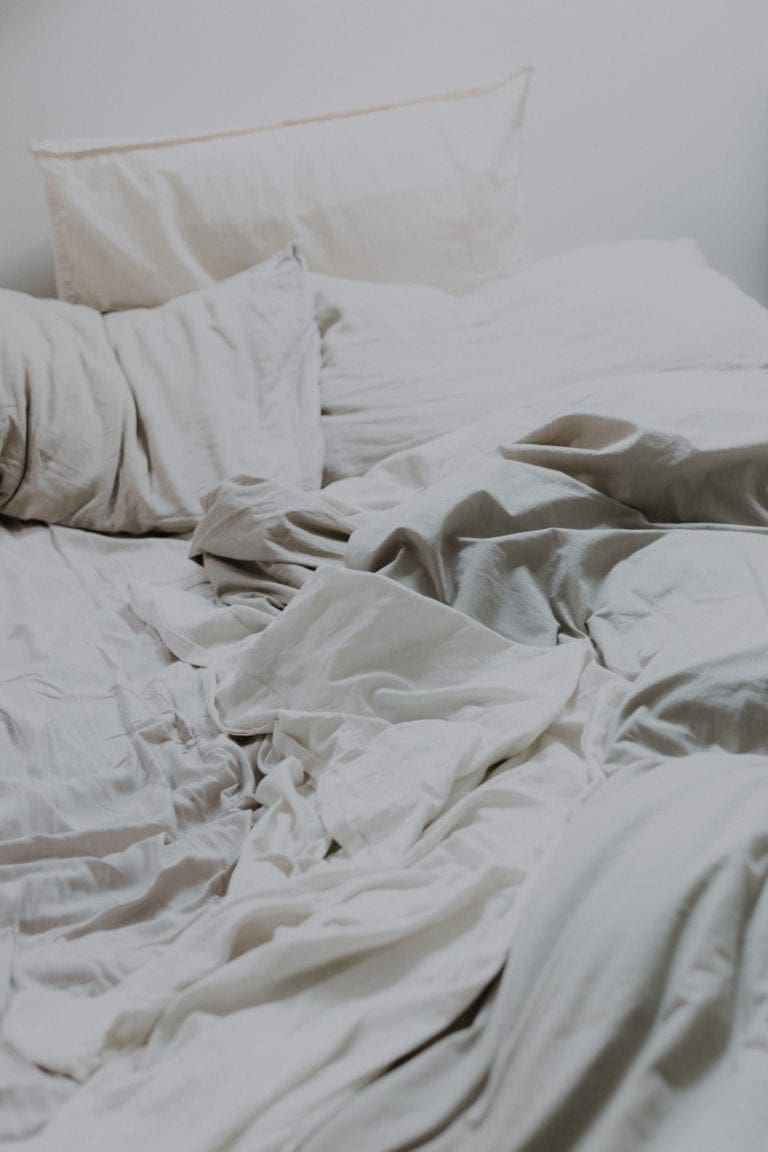

HEALTHY HABIT 4:
regular EXERCISE
A number of studies have been conducted into the effects of exercise on cognitive function and memory. The results show that even just 15 minutes worth of exercise on a stationary bike is enough to improve your cognitive ability and recall (reference).
I am terrible at exercising. In all honesty, I would probably be a hermit that disappears into my own little virtual world, if I could. However, I can’t, and regular exercise has been shown to improve the growth and development of neurons in your brain (reference).
At the same time as improving your mental capability, exercise is also helping to improve your physical fitness. Two birds, one stone, even if you do have to do something you don’t like.
I’ll admit, even though I struggle to get motivated to exercise, I do feel much better afterwards and most of my best ideas happen when I go out for a walk!
HEALTHY HABIT 5:
regular, short breaks
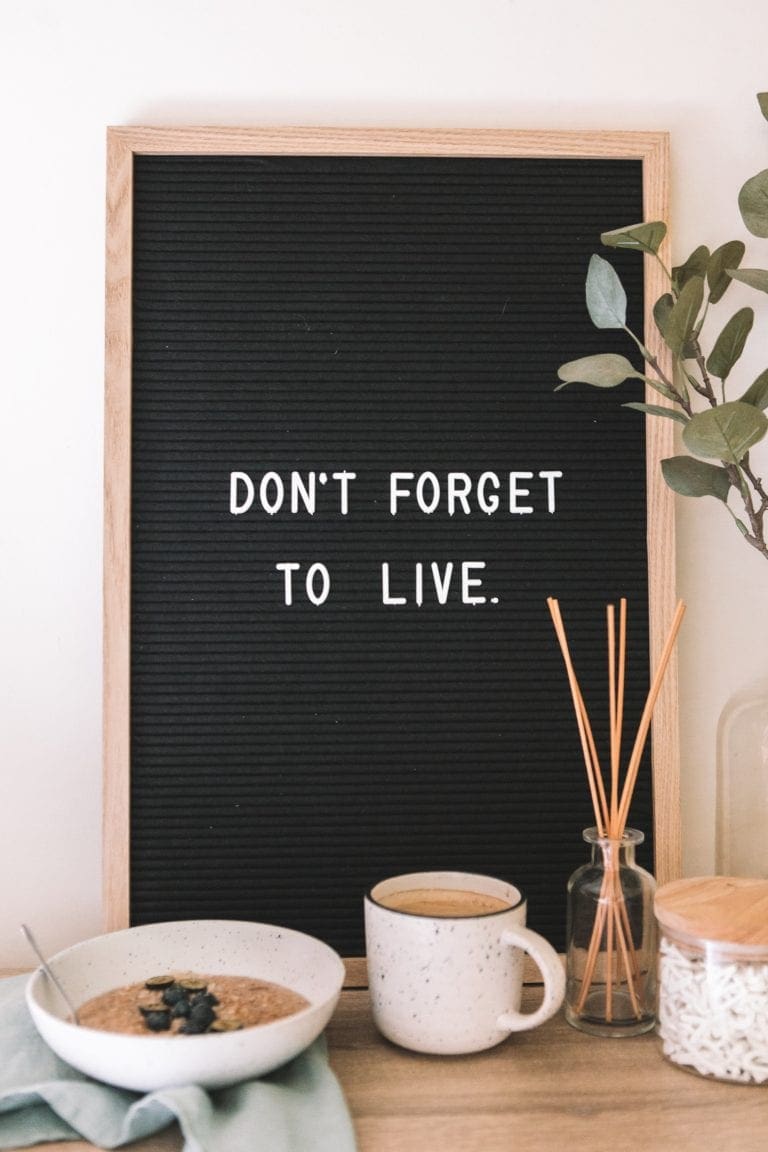
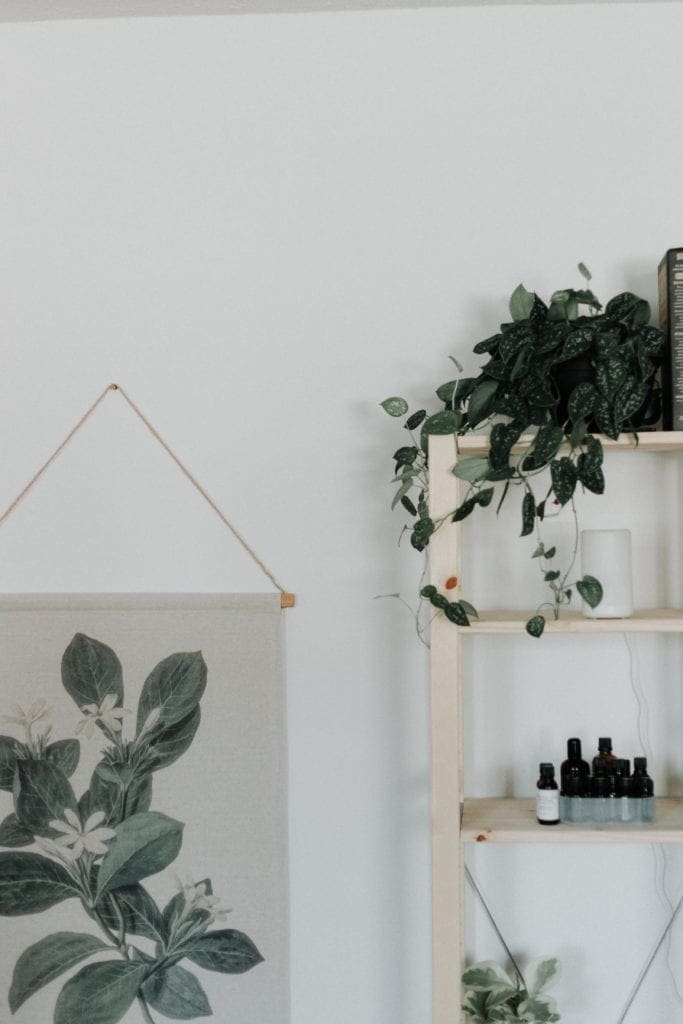
HEALTHY HABIT 6:
AROMATHERAPY
Aromatherapy is the use of aromas and natural compounds found in essential oils for health and wellbeing. Certain essential oils have been found to improve focus and memory retention while others can reduce tension and anxiety.
Choose an essential oil or blend of essential oils to use while you study that will help you to focus and retain what you are learning, and then use one that will help you to relax in your downtime. If you have trouble sleeping, consider using a blend of oils that will help you to sleep, either in a diffuser or in the form of a pillow mist, sprayed on your pillow before you go to bed.Aromatherapy for concentration and memory retention
Peppermint essential oil, like lavender, can serve multiple purposes. You see, peppermint stimulates and relaxes at the same time. Peppermint essential oil has been found to help calm nerves, reduce fatigue and improve oxygen delivery to the brain (reference), all great things while you are studying! By the way, peppermint tea can help with this too!
Lemon essential oil has been shown to improve cognitive function (reference) and improve memory (reference). While the studies into lemon essential oils are largely around patients suffering from illnesses that affect memory, the demonstrated positive effects make it a worthwhile inclusion in your study arsenal!
Then there is basil. Basil essential oil contains a compound called linalool which has been found to reduce memory loss, particularly during times of insufficient sleep (reference). You wouldn’t be missing out on sleep during exam periods by any chance, would you? I know you are making sure to get lots of sleep as we talked about earlier, but regardless, choosing an essential oil blend that has basil in it, or simply using basil essential oil on its own, can be helpful during exam time to reduce memory loss, especially if you are short on sleep.
Our 100% pure essential oil blend, Wakey Wakey is designed to help perk you up, either at the start of a day, or when you are feeling tired partway through the day. Wakey Wakey is also a great choice for exam time. This special blend of basil, cypress (increases concentration), lime, peppermint, and rosemary has been designed specifically to help improve your focus, boost your energy and improve your memory retention, exactly what you need while you are studying.
Aromatherapy for Relaxation
To help you relax in between studying and in your downtime between exams choose essential oils that are known for their calming and relaxing properties. We mentioned lavender earlier, as it is known to help calm the nerves and reduce stress, but there are other essential oils you can choose. Consider chamomile, patchouli, frankincense (linked to improved spatial memory and reduced anxiety), ylang-ylang (a natural relaxant that helps improve focus), vetiver (reduces stress), and sandalwood (promotes mental clarity) too.
We have two blends that are specifically focused on helping you relax, and you will find ingredients in both of these that are designed to help bring calm and harmony to the mind and body.
Peace Essential Oil Blend: Peace isn’t a ‘restful’ aroma, but rather a spicy blend of lavender, bergamot, cypress, sweet orange and vetiver. Peace helps to clear your mind and bring it to a state of calm. I personally like to have this one diffusing while I work, especially when I have a lot going on.
After Hours Essential Oil Blend: Like Peace, After Hours has a spicy note to it and has been crafted to soothe and uplift after a long day. The tantalising blend of bergamot, cinnamon leaf, clover, lavender, lemon, and rose geranium will help you to unwind after a study session.
Unwind Essential Oil Blend:Designed to help your body to relax and unwind after a stressful day. This can be a good choice to use earlier in the evening. Note, Unwind does not have lavender in it if you are specifically looking for a blend with lavender.
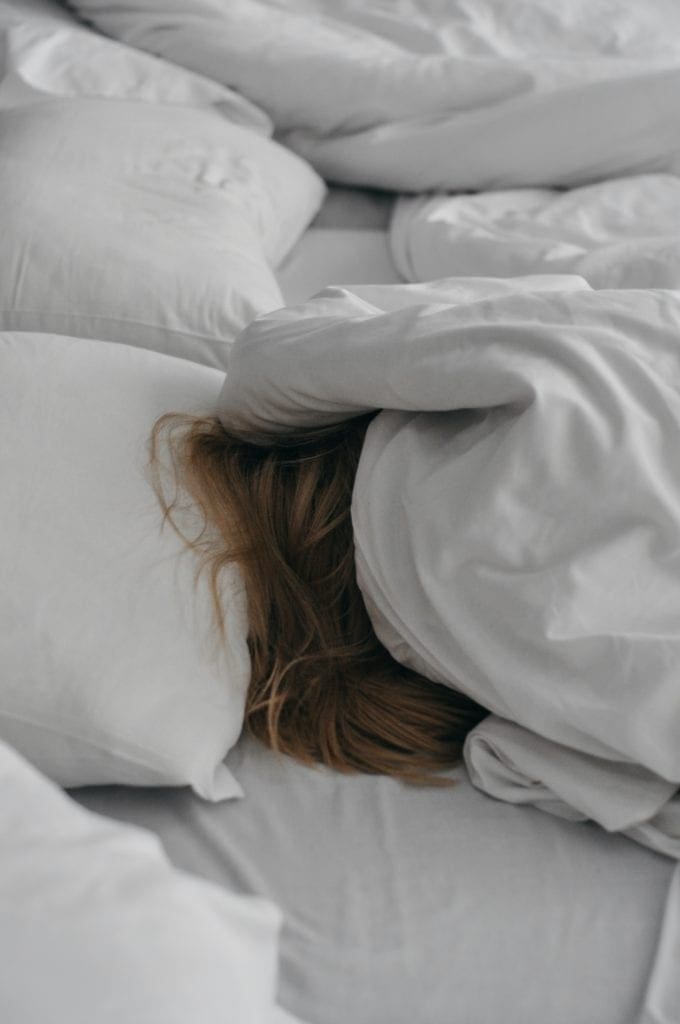
Aromatherapy for Sleep
When it comes to sleep, lavender is a great choice, in fact, we have a pillow mist specifically crafted around lavender to help you sleep, Lavender Dreams, but there are other options too. Our Sweet Dreams essential oil blend is formulated specifically to help you drift off to sleep, and our Calm Mind pillow mist will help to settle the restless mind so you can sleep easier.
Sweet Dreams Essential Oil Blend: This essential oil blend is formulated precisely for the purpose of helping you to relax into the warm embrace of sleep. This is one of my personal favourite essential oil blends! Also available as a pillow mist.Aromatherapy for concentration and memory retention
HEALTHY HABIT 7:
EATing WELL
What you put into your body goes a long way towards what you get out of it. Choosing healthy food makes a big difference. A diet rich in foods that are anti-inflammatory can help improve your memory! This means lots of fruit, vegetables and teas, particularly herbal teas. This kind of diet has been found to lower the risk of cognitive decline (reference) and studies on the intake of foods like blueberries and strawberries that are particularly high in antioxidants like flavonoids and anthocyanins makes a big difference to memory retention (reference)!
Curcumin, a natural compound found in turmeric, has a powerful anti-inflammatory effect on the brain. Curcumin reduces inflammation to the brain and lowers the amount of amyloid plaque accumulating on your brain neurons (reference). Why is this important? These plaques lead to cell and tissue death that cause memory loss. Maybe not such a big deal while you are younger, but every little bit helps, especially as you prepare to enter the next stage of your life, be it tertiary education or the workforce.
Now, I know, sometimes you just need some comfort food during stressful times, I’ve been there (frequently), but eating well doesn’t mean you have to miss out. Chocolate can also be rich in flavonoids! The darker the chocolate (and the lower the sugar), the better!
Studies have shown that people who consume dark chocolate, which is rich in flavonoids, have better memory recall than people who consume white chocolate, which has no flavonoids (reference). Look for 70% cacao mass or higher!
I love chocolate!
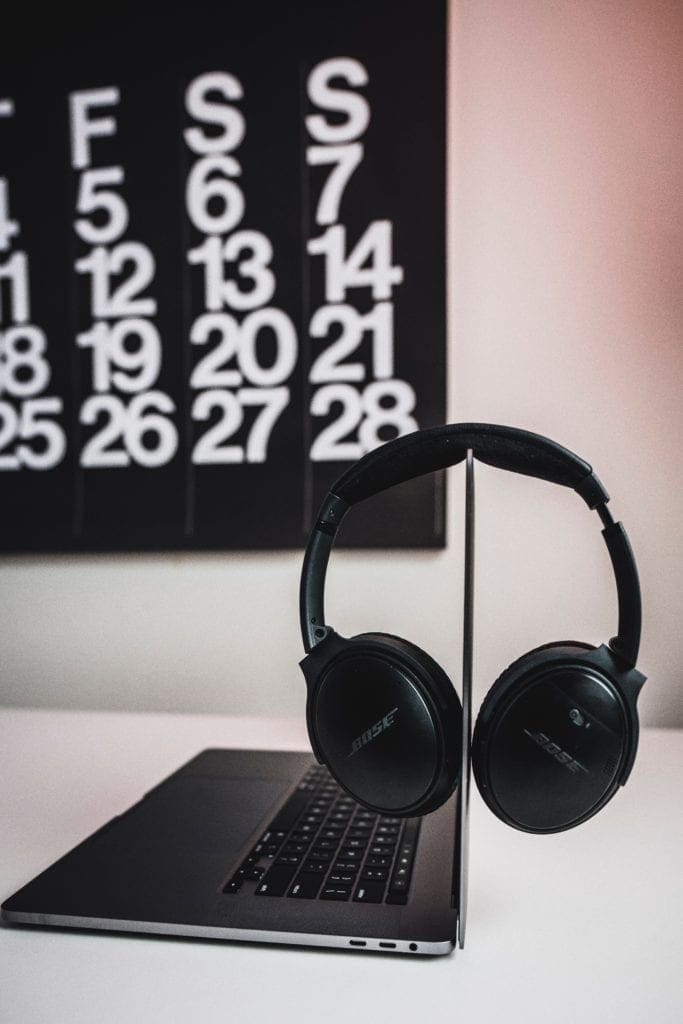
HEALTHY HABIT 8:
Listening to classical music while studying
Many studies have been conducted into the effects of music on learning, and while the debate continues, one thing is clear: Classical music helps you learn.
Labelled the Mozart effect, classical music won’t make you smarter as some have suggested, but, like everything else on this list, it can help you to focus and recall what you learn.
Personally, I find it makes a huge difference to my focus when I am studying, and I definitely remember things better. I’ll be completely honest with you, for a long time, I wasn’t convinced, I thought all music was distracting. However, as my master’s degree was nearing completion, I found I had increasing difficulty staying focused while studying.
I decided to try listening to classical music and soon discovered that it did help. Initially, I thought it was just because it reduced the prominence of distractions. I am easily distracted anyway, but let’s be honest, distractions are extremely easy to come by while you are studying. Even a car driving past or a bird singing can be a study distraction! Classical music reduced that. Soon I realised that classical music was not only reducing the distractions, but my mind was wandering less and I was remembering things better too.
I highly recommend giving it a try!
Bringing it all together
There are so many ways that you can calm your nerves before an exam and improve your overall performance during stressful exam periods. However, there is no one-size-fits-all approach. Some things are going to work for you and some things won’t. The only way to know for sure is to give them a try.
For me, I spent a long time convinced that cramming the day before and the morning of an exam worked the best. It wasn’t until I started researching and experimenting with different techniques and longer-term habits that I discovered that planning my study out in advance, listening to classical music, using aromatherapy, exercising regularly, and eating better actually made a big difference.
During my HSC and my first bachelor’s degree, I drank a lot of energy drinks (especially my first degree), but I’ve since discovered that eating right, sleeping, and exercising give me more energy and are better choices for my health and overall mental state. There is honestly nothing better than going into an exam with mental clarity and virtually no anxiety, except for finishing an exam and knowing that you knew the answers to every question!
Pin it for later
